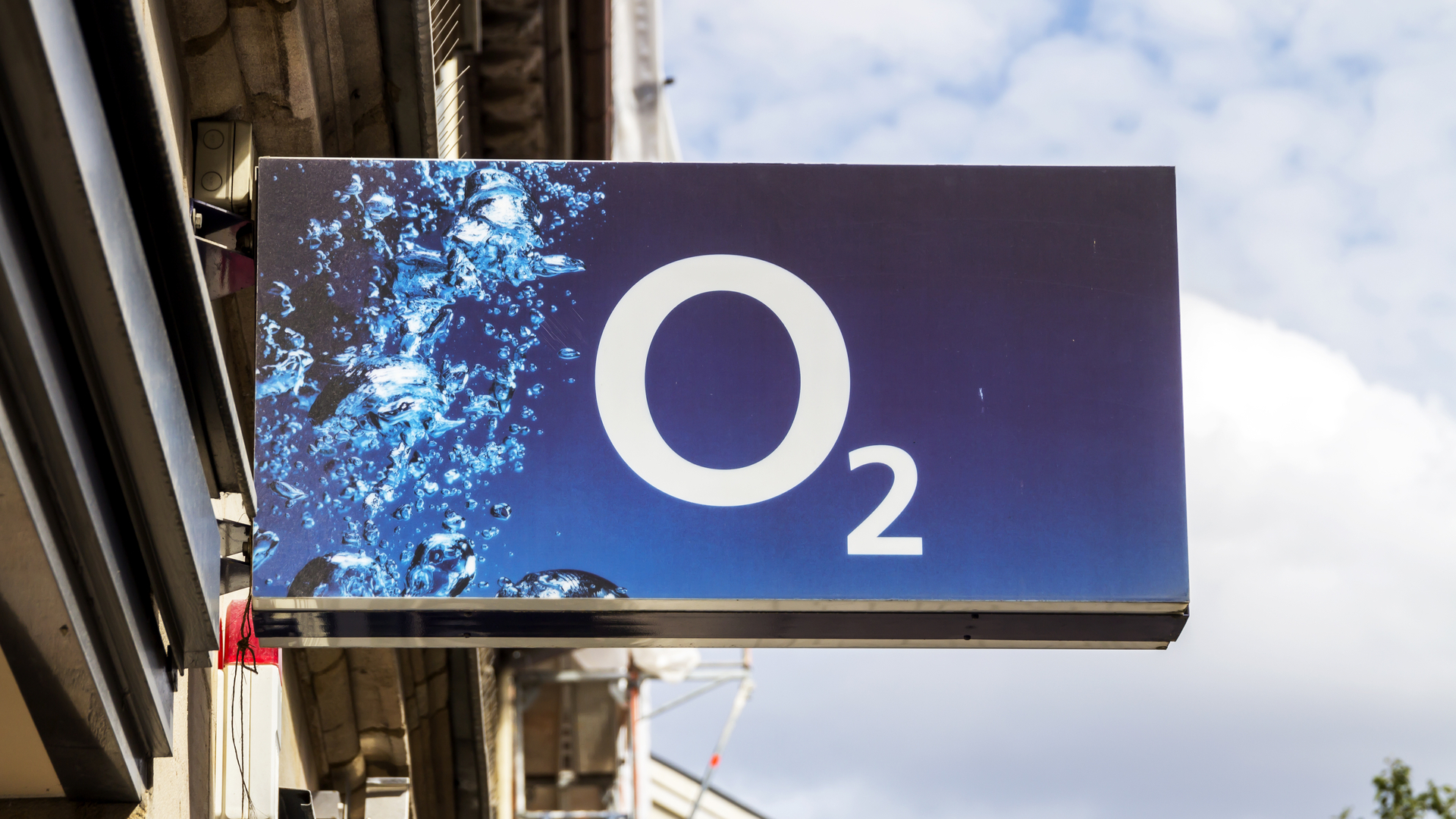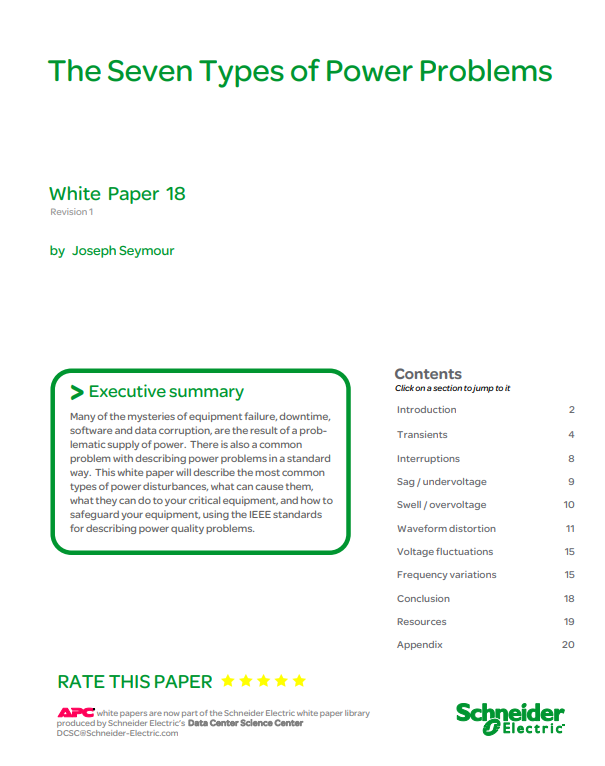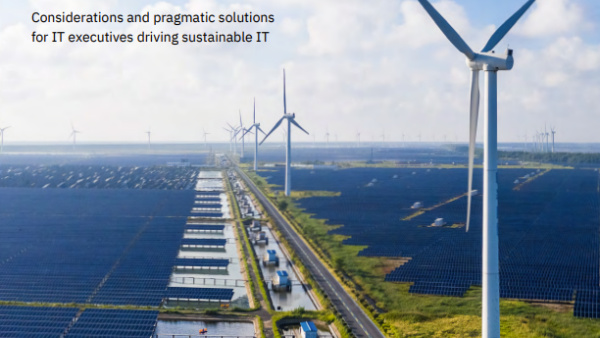O2 commits to ‘net zero’ emissions by 2025
The plan involves removing carbon emissions from its network and supply chain emissions by 30%


O2 is aiming to become a ‘net zero’ company in the next five years by executing a plan designed to reduce carbon emissions in addition to cutting supply chain emissions by 30%.
The company has committed to using more renewable energy sources to power the calls, texts and data usage over its networks, ramping up the ambition outlined more than ten years ago to reduce emissions.
The UK network also says it’ll implement more ambitious targets within its supply chain, which includes handset manufacturers, to achieve a 30% reduction by 2025.
“Today, we’re putting a stake in the ground. We want to go further and faster, setting the bar in our industry to tackle climate change and build the greenest network for our customers,” said O2 CEO Mark Evans.
“Every office, every store, every mast. We will get the changes done to be a Net Zero Business by 2025.
“Mobile can play a pivotal role to make our country more sustainable. From smart metering to smarter working. O2 will work with suppliers, partners and customers to ensure that this industry plays its part in delivering a greener country for us all.”
O2 has joined a string of companies in recent months that have made green commitments in efforts to reduce their negative impact on the environment.
Get the ITPro daily newsletter
Sign up today and you will receive a free copy of our Future Focus 2025 report - the leading guidance on AI, cybersecurity and other IT challenges as per 700+ senior executives
Amazon, for example, has committed to becoming a carbon-neutral company by 2040, while Google achieved its 100% renewable energy goal in April 2018.
The phrase ‘net zero’ is different from ‘zero carbon’, however, in that emissions are still produced by a ‘net zero’ company, but are offset using technology like carbon capture and storage, and certified greenhouse gas removal.
Microsoft has gone far further than the rest of the pack in its recent commitment to become a ‘carbon negative’ company by 2030, planning to remove more carbon from the atmosphere than it contributes.
O2 plans on achieving net-zero status by switching third-party landlords that support the O2 network over to renewable energy while creating technical and energy transition tools across its business where appropriate.
The firm will also work with the wider Telefonica Group to reduce supply chain emissions, as well as encourage suppliers to raise their efforts to reduce emissions. There are, however, no concrete steps as to how the company will achieve this.
Progress against both these ambitions are set to be reported on an annual basis and will be independently assessed.
With the rollout of 5G networks underway, meanwhile, building out the infrastructure will undoubtedly contribute to a company’s carbon footprint. Research published in October last year, however, suggests that the rollout of 5G technology could reduce global carbon emissions by half a billion tonnes.

Keumars Afifi-Sabet is a writer and editor that specialises in public sector, cyber security, and cloud computing. He first joined ITPro as a staff writer in April 2018 and eventually became its Features Editor. Although a regular contributor to other tech sites in the past, these days you will find Keumars on LiveScience, where he runs its Technology section.
-
 CISA issues warning in wake of Oracle cloud credentials leak
CISA issues warning in wake of Oracle cloud credentials leakNews The security agency has published guidance for enterprises at risk
By Ross Kelly
-
 Reports: White House mulling DeepSeek ban amid investigation
Reports: White House mulling DeepSeek ban amid investigationNews Nvidia is caught up in US-China AI battle, but Huang still visits DeepSeek in Beijing
By Nicole Kobie
-
 Addressing cloud security threats by encrypting data in use
Addressing cloud security threats by encrypting data in usewhitepaper How AMD Infinity Guard helps address security threats in the cloud and virtualized environments
By ITPro
-
 Quantitative analysis of a prefabricated vs. traditional data center
Quantitative analysis of a prefabricated vs. traditional data centerWhitepaper Apples to apples cost analysis between data centre types
By ITPro
-
 Battery technology for single phase UPS systems: VRLA vs. Li-ion
Battery technology for single phase UPS systems: VRLA vs. Li-ionWhitepaper An overview of li-ion batteries in comparison to VRLA batteries for singlephase UPS applications
By ITPro
-
 Serious about sustainability?
Serious about sustainability?whitepaper It’s time you looked at your data centre
By ITPro
-
 Implementing sustainable storage infrastructure
Implementing sustainable storage infrastructureWhitepaper Understand what to look for from vendors and make better storage infrastructure purchasing decisions.
By ITPro
-
 The seven types of power problems
The seven types of power problemsWhitepaper The most common types of power disturbances and how to safeguard your equipment
By ITPro
-
 IT best practices for accelerating the journey to carbon neutrality
IT best practices for accelerating the journey to carbon neutralityWhitepaper Considerations and pragmatic solutions for IT executives driving sustainable IT
By ITPro
-
 Gartner predicts energy crisis will hit data centre budgets by 40% or more
Gartner predicts energy crisis will hit data centre budgets by 40% or moreNews Larger cloud providers have no intention to increase customer fees, for now
By Bobby Hellard